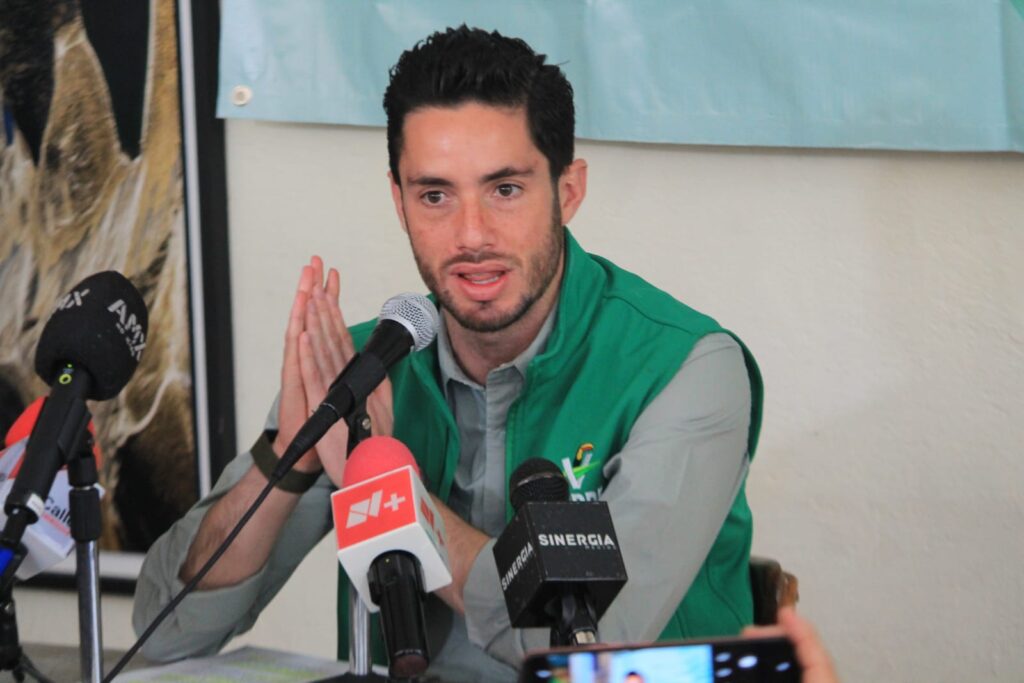USAID's definition of local actors may be harming local actors. – Oxfam America

In Bucaramanga, Colombia, far from the capital city, a local women’s rights organization is hard at work protecting lives. Fundación Mujer y Futuro (FMF), as it is called, helps women and their families fleeing Venezuela make their way safely to their next destination. They meet them near the border at Cúcuta and provide them with food, shelter, and a bus ride over a perilous Andean mountain range. Once in Bucaramanga, the women have access to free reproductive health services, as well as free legal and psychological assistance for those who have survived gender-based violence. And everyone gets a bus ticket to their next destination.
A Venezuelan migrant said of the birth control services she received, “I don’t know where else I would go for this kind of help.”
LEVELING THE PLAYING FIELD
As the international humanitarian community makes the shift toward localization—toward supporting local organizations to lead the way in long-term development and emergencies—groups like FMF should be the obvious beneficiaries. But increasingly, international organizations are establishing independent, nationally registered organizations in developing countries, claiming that they are local. In some very important respects, they are not. When an international entity registers nationally (as Oxfam has in Colombia), it continues to draw on the tangible and intangible resources of its global counterparts—not simply funds but also networks, knowledge, infrastructure, skills, brand name, and other assets—giving it an unfair advantage over most local groups.
USAID has committed itself to directing 25% of its funding to local organizations by 2025, and we applaud that, but its definition of a local partner is “legally organized and operating in a developing country; is providing services in that country; is working internationally, regionally, or nationally; and is managed and governed by nationals of the recipient country or by non-nationals.” In other words, nationally registered arms of international NGOs and for-profit companies are eligible to compete for USAID funding—at the expense of more deeply rooted local groups like FMF that may have access to fewer resources.
THE IMPORTANCE OF BEING LOCAL
When USAID published its progress report in March 2023 and explained how it was defining “local,” and thereby measuring its progress, we challenged it. In our new report, “Funding the Localization Agenda: Measuring progress of United States development and humanitarian assistance to local organizations,” we examine how USAID derived its figures in the previous year. And, applying a narrower definition of “local,” we found that USAID had only given 4% of its funding to what we consider local actors from 2019-2021, as opposed to the 7.3% figure we calculated using USAID’s definition.
As we at Oxfam well know, shifting the flow of resources to enable direct funding of local actors can be a slow process, but it’s important not to exaggerate progress. And it’s important for USAID not to grant funds to internationally connected entities that might otherwise go to truly local groups. Crowding out and competing with grassroots organizations was never the intention of the international humanitarian community as it set out on the path to localization, yet it is happening, and USAID’s definition of local may be a factor.
Local and national organizations that are rooted in their communities can help ensure that both development and disaster management are well-informed, culturally sensitive, and sustainable. They need support to carry out their important work and to step into leadership roles. We call on the Agency to commit itself to funding and supporting genuinely local organizations, and through its actions become a model for the world.




